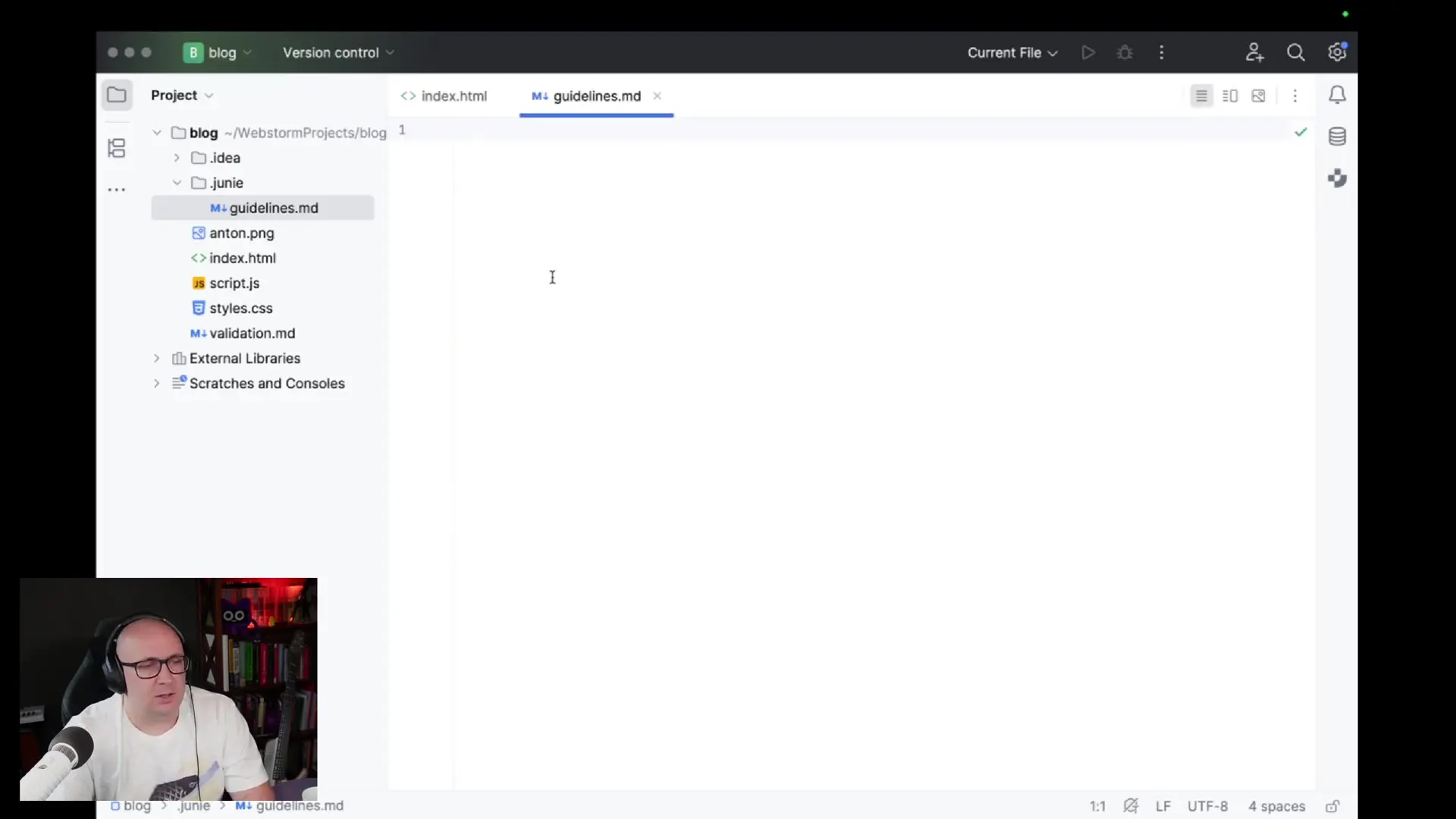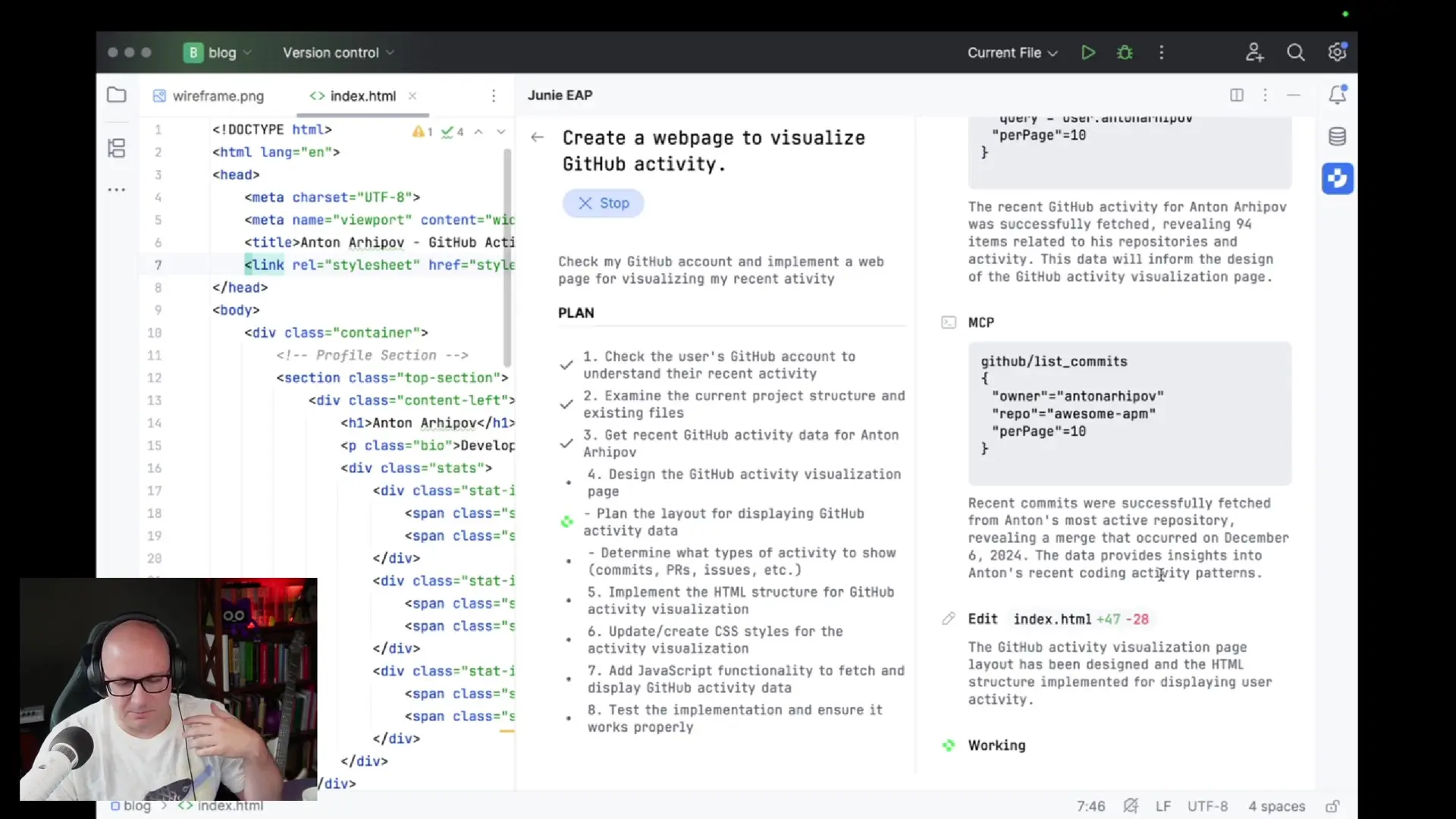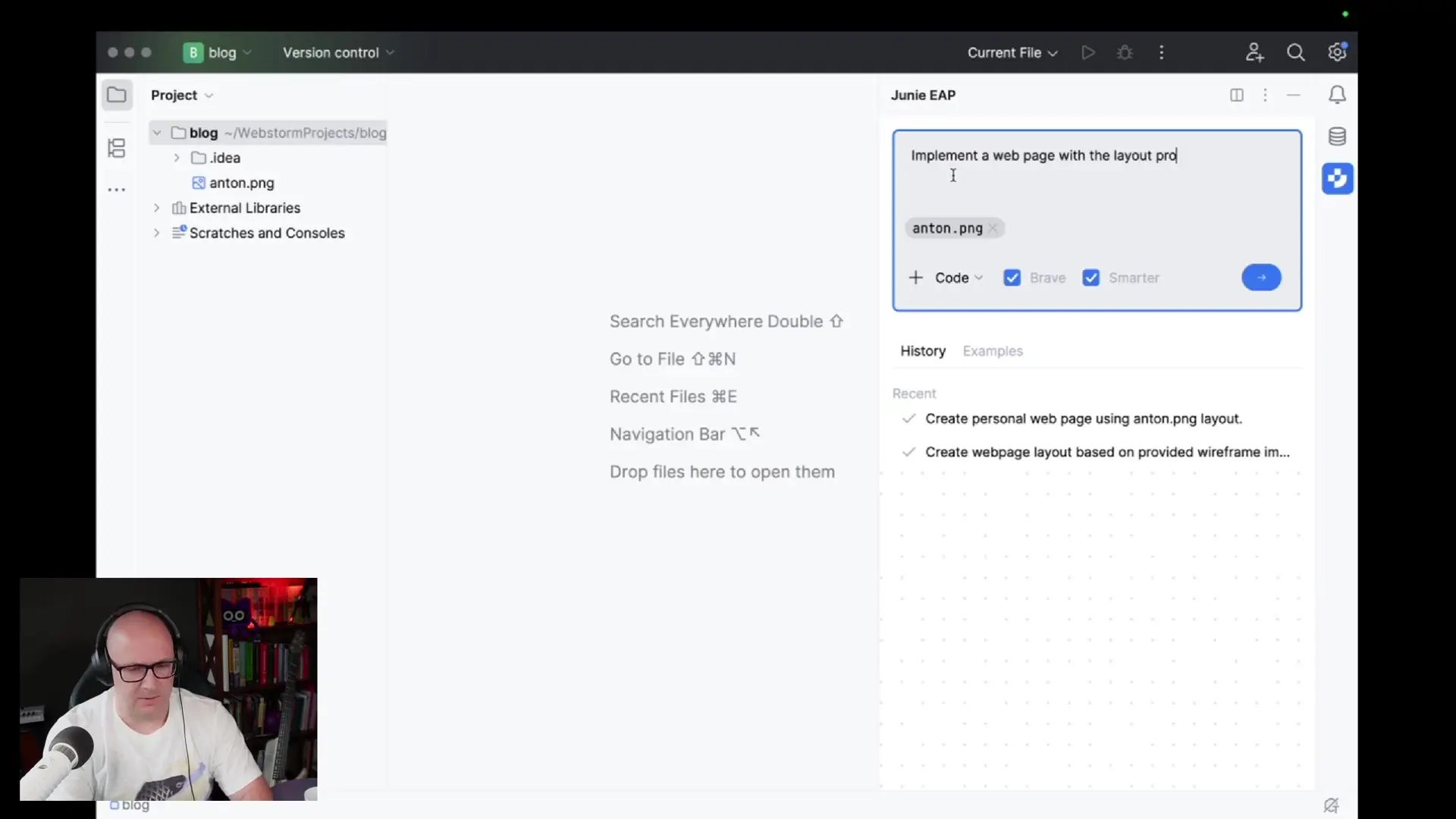
Artificial intelligence development has entered a new phase with the introduction of Machine Conversation Protocol (MCP) servers. These powerful tools address one of the most significant challenges in AI development: providing relevant context and capabilities to Large Language Models (LLMs) when working with newer or specialized frameworks. In this article, we'll explore how MCP integration enhances AI development workflows and how it can be leveraged with tools like Juniper.
Understanding MCP Servers and Their Purpose
MCP (Machine Conversation Protocol) servers serve two essential purposes when working with AI agents. First, they provide additional contextual information about libraries, frameworks, or data that might not be included in an LLM's training data. Second, they can offer automation capabilities or additional tools that allow agents to perform specific actions rather than just retrieve information.
This functionality becomes particularly valuable when working with newer technologies or specialized frameworks that weren't available during an LLM's training cutoff date. Instead of relying solely on the agent's built-in knowledge, MCP servers allow for dynamic retrieval of relevant documentation and capabilities.
Context 7: A Powerful MCP Server for Development
Among the many MCP servers available, Context 7 stands out as particularly useful for developers. It provides additional information that AI agents might be missing about libraries or frameworks, especially newer ones that might not have been included in the LLM's training data.
Context 7 functions by pre-indexing documentation for various libraries and frameworks, making this information available to AI agents through the MCP protocol. This allows the agent to query for relevant information when needed, significantly enhancing its capabilities when working with specialized technologies.
Configuring MCP Servers for AI Development
Setting up an MCP server like Context 7 involves a straightforward configuration process. Most MCP servers provide JSON configuration snippets that can be integrated into various development environments. Here's how you can configure an MCP server for your AI development workflow:
- Find the appropriate JSON configuration snippet for your chosen MCP server
- Locate the MCP settings in your development environment
- Add the configuration snippet to enable the MCP server
- Verify the connection between your development environment and the MCP server
For Juniper specifically, you can configure MCP servers by navigating to Settings > Tools > Juniper > MCP Settings. Here, you can add multiple MCP servers including Context 7, GitHub, and others depending on your development needs.

Practical Example: Working with New Frameworks
To illustrate the power of MCP integration, let's consider a scenario where you're working with a recently released framework called Cook, designed for building AI agents in Kotlin. Since this framework was announced after the training cutoff date for most LLMs, an AI assistant would typically have limited knowledge about it.
However, with Context 7 configured as an MCP server, when you ask your AI assistant to help you develop with Cook, the assistant can query Context 7 for the latest documentation and provide accurate guidance. This dynamic retrieval of information significantly enhances the AI's capabilities when working with newer technologies.
The Benefits of MCP Integration for AI Development
- Access to up-to-date documentation for newer libraries and frameworks
- Enhanced capabilities for AI assistants when working with specialized technologies
- Ability to automate specific tasks through tool integration
- Improved context awareness for more accurate code suggestions
- Reduced need for manual documentation searching and context-switching
By leveraging MCP integration, developers can significantly improve their AI-assisted development workflow, especially when working with cutting-edge technologies or specialized frameworks that might not be well-represented in an LLM's training data.

Advanced MCP Capabilities with Juniper
Juniper's implementation of MCP integration offers several advanced capabilities that enhance the AI development experience. These include:
- Seamless integration with multiple MCP servers simultaneously
- Dynamic tool discovery and registration
- Context-aware information retrieval based on the current development task
- Support for both information retrieval and action automation
These capabilities make Juniper particularly powerful when combined with MCP servers, allowing for a more efficient and effective AI-assisted development workflow.

Implementing Your Own MCP Server
For organizations with specialized needs, implementing a custom MCP server can provide even greater benefits. A custom MCP server can be tailored to your specific development environment, providing access to internal documentation, proprietary frameworks, and custom tools.
The MCP protocol is designed to be extensible, allowing for a wide range of capabilities to be exposed to AI assistants. By implementing your own MCP server, you can create a truly customized AI-assisted development experience that aligns perfectly with your organization's needs.
{
"name": "context-7",
"start": {
"command": "npx",
"args": ["@contextco/cli@latest", "serve"]
},
"transport": {
"kind": "http",
"url": "http://localhost:8080"
}
}Conclusion: The Future of AI-Assisted Development
MCP integration represents a significant advancement in AI-assisted development, addressing one of the key limitations of current LLMs: their static knowledge cutoff. By providing dynamic access to up-to-date documentation and specialized tools, MCP servers like Context 7 enable AI assistants to provide more accurate and helpful guidance, even when working with the latest technologies.
As the ecosystem of MCP servers continues to grow and evolve, we can expect to see even more powerful capabilities being exposed to AI assistants, further enhancing the AI-assisted development experience. For developers looking to stay at the cutting edge of AI-assisted development, understanding and leveraging MCP integration is becoming increasingly important.
Let's Watch!
Enhance AI Development with MCP Integration: Juniper's Solution
Ready to enhance your neural network?
Access our quantum knowledge cores and upgrade your programming abilities.
Initialize Training Sequence